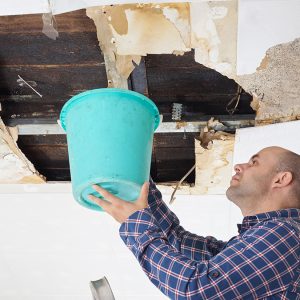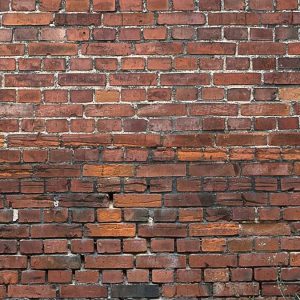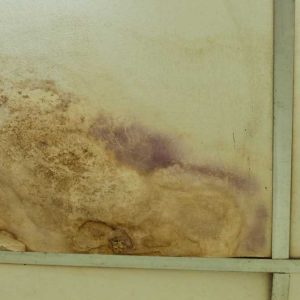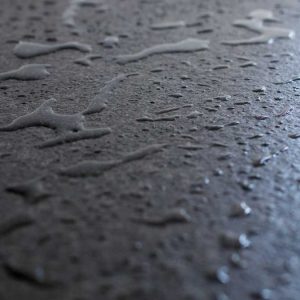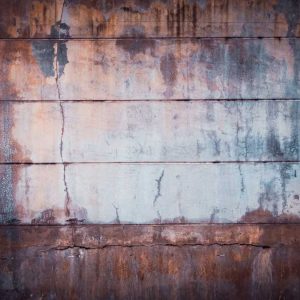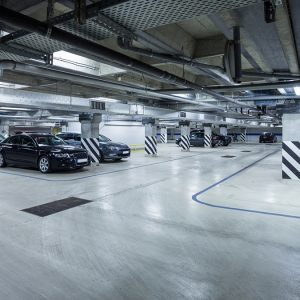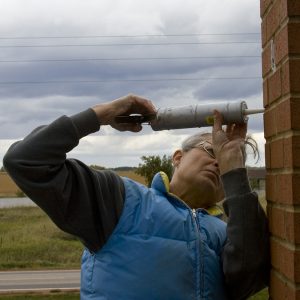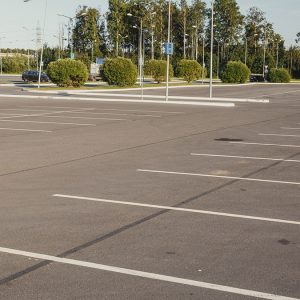Posts by Jake Barnhart
How do I find out where a leak is coming from?
It’s a sound that strikes fear in any building manager’s heart. The mysterious puddle or dripping ceiling tile is a sign of bad things to come unless it’s taken care of immediately. And that involves tracing it back to the source.
Read MoreDos and don’ts of exterior painting
If you want to keep your commercial building’s outdoor surfaces in good condition, you have to make sure you paint them—regularly. But painting isn’t as simple as “dip roller in paint can and apply paint.” You need to know the dos and don’ts.
Read MoreWhat is the main reason for cracks in masonry joints?
Masonry is one of the oldest building methods on earth for a number of reasons — and durability is high on the list. A well-built structure made of masonry can last for decades or even centuries with little upkeep, at least if it doesn’t start to crack. Moisture is masonry’s #1 enemy, and cracks let…
Read MoreHow do you stop a water leak in a building?
Water is the nemesis of commercial buildings everywhere. It rots wood, spalls concrete, and leaves unsightly stains. It can tear a structure apart like an eggshell given enough time, corroding steel beams and buckling floors and ceilings. So when you see a water leak, it’s not just a little problem: it’s a ticking time bomb.
Read MoreHow can I waterproof my existing slab?
Concrete seems pretty solid — but you might be surprised. And the last thing you want to be surprised by is a pool of water in the middle of your commercial building.
Read MoreWhat causes the discoloration of bricks?
“Brick red” is a common color name for a reason: it’s what we expect from our bricks. We’re used to seeing tall buildings with long, unbroken stretches of red masonry.
Read MoreTips for maintaining parking garage
Parking garages get tons of traffic, often at all hours of the day. This persistent use can wear down even the most durable of materials. These parking garage maintenance tips will help you preserve your parking structure for years to come.
Read MoreHow do you maintain masonry?
Masonry is built for durability, but it still needs routine maintenance. The mortar between the blocks is particularly susceptible to wear. Thankfully, that mortar can be replaced with minimal time and expenses. Read on to learn how to maintain masonry.
Read MoreWhy are some paint colors not recommended for exterior?
Exterior paint comes in every color imaginable, but not all colors are recommended for outdoor use. Traditionally, lighter colors fair better than darker colors. This is because of the way UV rays impact light and dark shades. Check out the color selection guide below to learn why some paint colors are not recommended for exterior applications.
Read MoreHow thick should parking lot concrete be?
Thicker isn’t always better in the world of concrete. Too much concrete may result in improper drying and unnecessary material expenses. Too little, and you may deal with cracking as the ground shifts. Read on to learn how thick parking lot concrete should be.
Read More
